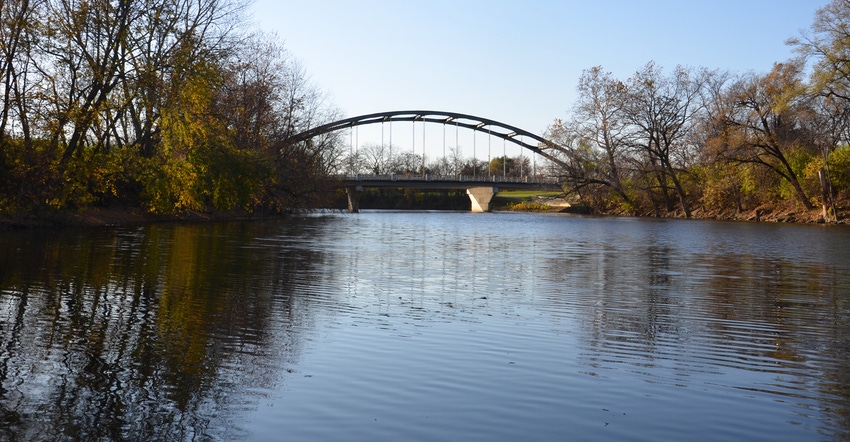March 6, 2017

Rumors abound that the Trump administration’s goal is to dismantle the U.S. Environmental Protection Agency. The appointment of Scott Pruitt, who has a history of bucking EPA, as its administrator didn’t help squelch rumors.
Rumors are rumors. From where we sit, it was high time for a 180-degree change in course for EPA. There doesn’t seem to be much doubt that Pruitt can provide the leadership necessary to reverse course and return the agency to what many people think it was supposed to be in the first place. Many believe the agency should provide necessary environmental protections so bad actors don’t get out of hand. But very few, at least in agriculture, think EPA should extend its tentacles into how farmers and industry do business — at least, not as long as farmers are practicing sound stewardship.
Remake, not tear down
Some of you might want to sit down for this one. You probably never imagined reading comments supporting EPA in this spot. The truth is that agriculture needs EPA. It just doesn’t need it getting in the way of practical business operations for unfounded reasons.
We recently talked to someone in the chemical industry within agriculture who was bothered by the rumors that the Trump administration’s real goal might be eliminating EPA. Why would someone who spends nearly all of their time going back and forth with EPA over chemical approvals and regulatory issues be concerned about the possible demise of the agency?
Because, as this person pointed out, there must be an entity that holds everyone to some standard, whether that be in pesticide licensing or in proper management of animal waste.
Most insiders in ag chemical companies, if they're honest, would likely tell you that someone needs to make sure the proper safety tests are done, and potential risks are vetted and assessed before a product goes on the market. In short, agriculture and other industries that also use chemicals need policing — someone who acts as a traffic cop. Someone needs to be there to prevent the abuses of 50 or more years ago, when real pollution problems threatened rivers and streams.
Proper balance
EPA and similar government agencies before it have been successful in cleaning up blatant abuses, including rivers that were so polluted they almost could catch fire. But what happens when the blatant abuses are gone and the regulators are still there? In most cases, they come back with a finer-tooth comb and regulate to a deeper level.
There’s the rub. That’s where the overreaching regulations have their roots. That’s where ideas like the Waters of the U.S. rule have their inception. WOTUS was clearly an attempt to lay the framework for controlling waters and farmland that the founders of EPA likely never envisioned.
WOTUS appears to be on its way out, and that’s a plus for agriculture. There are other regulations that need a second look. Some of these are possibly the ones that require up to 10 years of testing before a product comes on market, when maybe five years of fact-finding would be sufficient.
There are plenty of places to reform and remake EPA. It won’t happen overnight. But what shouldn’t happen, or even be considered, is elimination of EPA. The agency serves a purpose for agriculture and all Americans, whether you like to admit it or not.
You May Also Like




